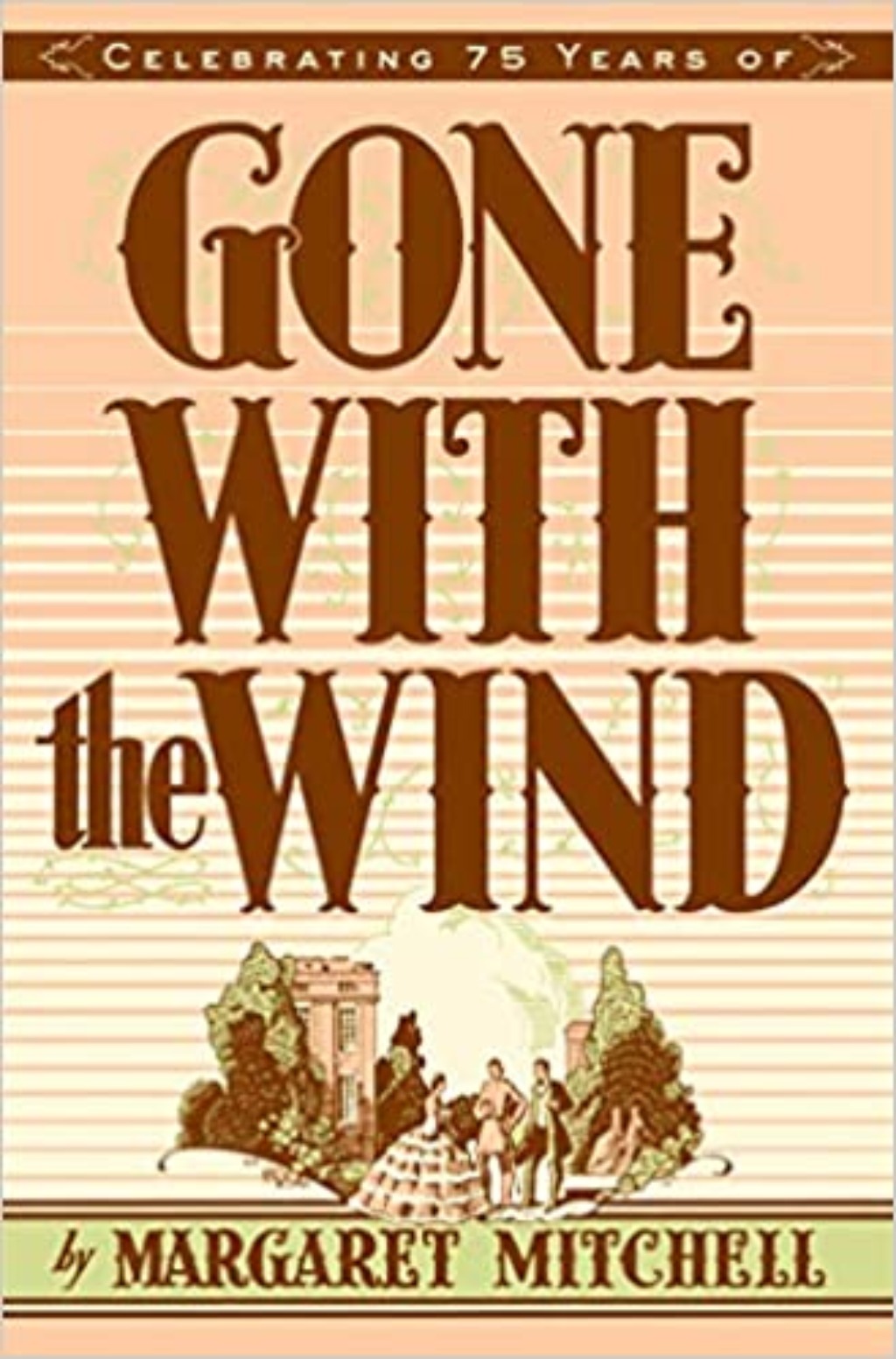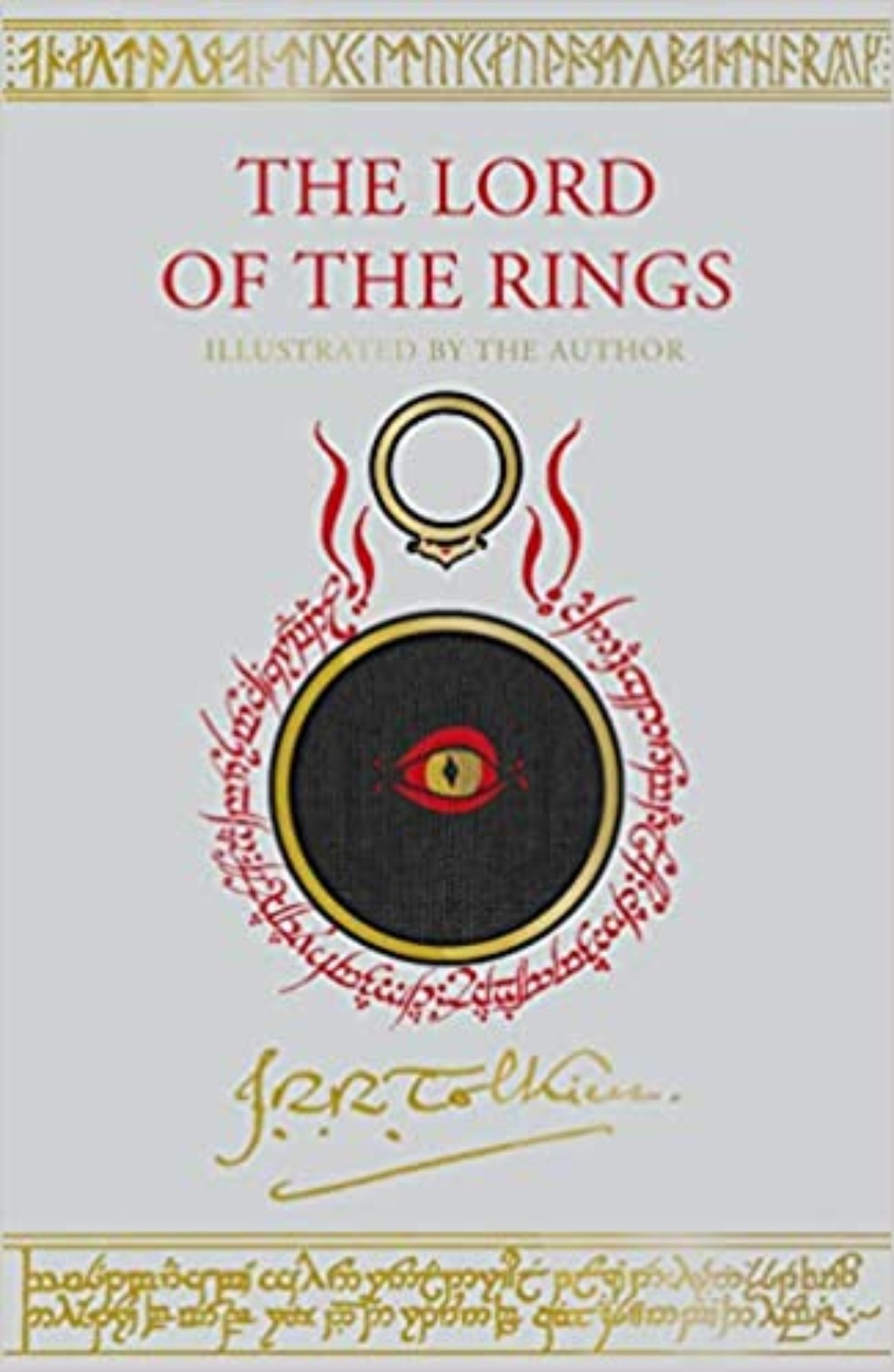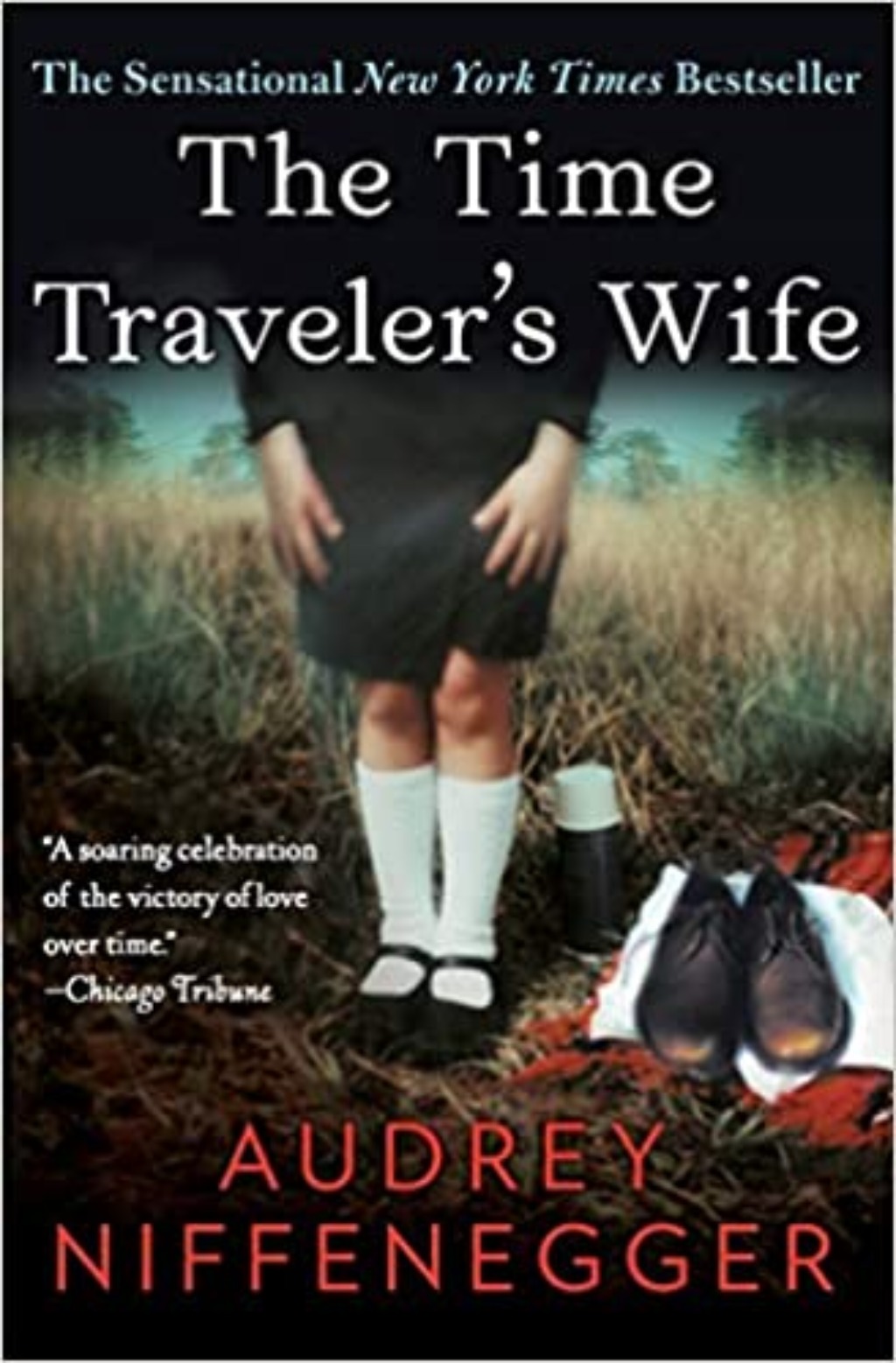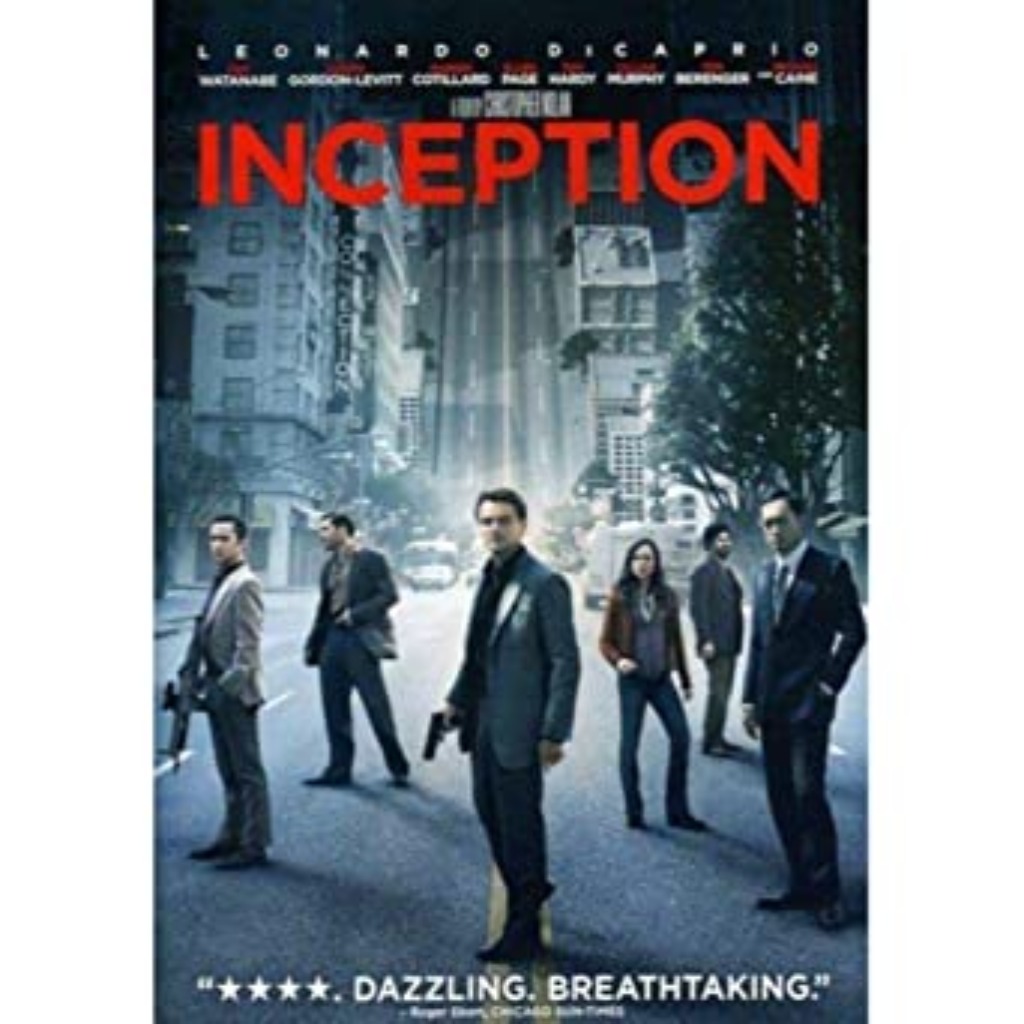One of the most common frustrations a writer can feel in the process of writing a book is how long that process can take. As you toil for months or years over your manuscript, it can be particularly disheartening to hear that Stephanie Meyer banged out her uber-successful Twilight in just 3 months, or how A Clockwork Orange took Anthony Burgess only 3 weeks to complete.
But for every story like that, there are several others of authors who labored for much longer over their famous works. Here are just a few of them.

1) Gone with the Wind by Margaret Mitchell
This epic historical novel takes place against the backdrop of the Civil War. Scarlet O’Hara, the beautiful but spoiled daughter of a rich plantation owner, must struggle to avoid poverty after Sherman’s March to the Sea. Along the way she deals with her unrequited love for a man who has married someone else, and her growing feelings for the rakish Rhett Butler.
It is hard to believe now, but Mitchell never planned to publish her Pulitzer Prize-winning novel. She started it simply as a way to distract herself from an ankle injury. Keeping the novel a secret from everyone she knew, she continued slowly onward with it. After 10 years, she finally finished and—only with great reluctance—published it. The book went on to achieve great success and was adapted into the 1939 film that won 8 Oscars including Best Picture.

2) The Lord of the Rings by J.R.R. Tolkien
When the Dark Lord Sauron’s powerful Ring was stolen from him, he became consumed with the desire to get it back. Years later, it is in the possession of hobbit Bilbo Baggins. After Bilbo’s disappearance on his eleventy-first birthday, his cousin Frodo and Frodo’s friends are left with the perilous task of traveling across Middle-earth to destroy the Ring.
Tolkien was a notoriously slow writer. He started work on The Lord of the Rings when he was 45 years old and the book didn’t see print until he was 63. There are a few reasons for this. One is that he had a full-time academic position throughout the entire novel-writing process. He also took a break from writing the book for nearly a year. His years and years of effort were clearly worth it, as The Lord of the Rings is now one of the most popular and beloved works of epic fantasy in existence—and the third bestselling book in the world.

3) The Time Traveler’s Wife by Audrey Niffenegger
This science fiction romance is told from two perspectives. One is the perspective of Henry, an adventurous librarian with Chrono-Displacement Disorder, which causes him to become misplaced in time. The story’s other main character is his wife Clare, a beautiful artist who met Henry when she was six and he was thirty-six, and married him when she was twenty-three and he was thirty-one. The book follows Henry and Clare through the unpredictable life they share together.
According to Niffenegger, her debut novel took her nearly 5 years to write. Previously she had written short stories but never published them. The author has said that she prefers “working on large projects that take years to complete”. Clearly this method has worked for her—her novel went on to be hugely successful and receive rave reviews from The New Yorker and the Chicago Tribune.

4) Inception by Christopher Nolan
Dom Cobb, a skilled dream thief who has become an international fugitive, is offered a chance at redemption. He and his team are tasked with the opposite of extraction: inception. They must plant an idea into the mind of a C.E.O. But in the dream world they must face a dangerous enemy—one that is particularly dangerous to Cobb.
Okay, so I know that Inception is a movie and not a book. But I still thought it was worth mentioning here. Nolan’s screenplay for his mega blockbuster took him 10 years to write. Over the years he kept going back to the story, searching for the heart of it.
He has pointed out the value of never giving up on your ideas: “I certainly have other ideas I’ve not been able to crack that I see great potential in, sitting in the back of a drawer. You never quite know what you’re going to come back to and figure out how to make it work. You never quite know where that desire to finish something, or return to something in a fresh way, is going to come from. Every time I finished a film and went back and looked at it, I had changed as a person. The script was different to me. And, eventually, who I was as a writer, as a filmmaker, and what the script needed to be, all these things coincided.”
Every writer is different. We all have our own paces and timelines that work for us. So don’t worry too much if your novel is taking you a while—you’re clearly in good company.